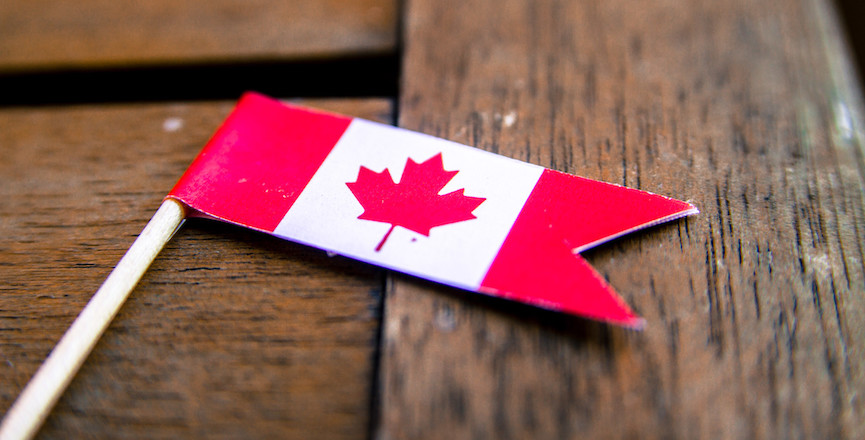I am entirely smitten by the idea of a floating Canada Day: floating in its meaning, in time if you wish, in and out of existence perhaps. It can be whatever we want. It is, anyway — but why not formalize that?
The other model, which is the Fourth of July, never really worked up here: a bunch of self-congratulatory harrumphing and flypasts, followed by fireworks. In the 1920s, Chinese communities in B.C. “celebrated” Chinese Humiliation Day to protest immigration policy. During a 1989 conference to plan our 125th birthday party, the Indigenous leader George Erasmus spoke on the topic “Nothing to Celebrate.” You want commemoration, don’t forget to include that.
We’re not exactly dealing with Christmas here. It was Dominion Day till 1982, and has always been a club to beat somebody else with. Justin’s dad used it to bash Quebec separatism, so René Lévesque fought back by aggrandizing la Fête nationale du Québec, a taunting week earlier.
This isn’t about formal abolition; the National Post managed to phrase a poll question on that which only 14 per cent supported. It’s instead about going easy this year, maybe taking a pass on this particular Canada Day (the way some people treat their birthdays as they age) and seeing how we feel as we move along. Let Canada Day be Canada Day.
Marcus Gee wrote in the Globe that “If Canada isn’t worthy of praise on its birthday, then no country is.” Good point, probably no country is worthy. (Or if one is, why not Cuba? They’ve developed their own, excellent COVID vaccine!) But such reactions (like Erin O’Toole’s statement to caucus that we’re “living in the greatest country in the world” despite those “injustices”) tread perilously close to All Lives Matter, which managed to totally miss the point of Black Lives Matter. You end up wrapping yourself in Michael Che’s T-shirt: All Buildings Matter. Grow a sense of perspective!
This could also hold the answer to all the statue and name-changing dilemmas. Disturbing stuff will surely continue to emerge about our heroes and institutions. I keep waiting for John A. Macdonald’s other shoe to drop: “[Louis Riel] shall hang, though every dog in Quebec bark in his favour” — which is foul in many directions, including dogs. For Canada Day, deciding how to mark it every year could become a real democratic exercise and a nation-building activity.
I mean that. It’s proven very hard to glorify Canada, and I speak as one of a generation of Canadian writers who really, really tried. Each time you reached a solemn climax, you found yourself cracking an ironic joke, it just felt right. CBC’s “Canada: A People’s History” and “Canada: The Story of Us” literally put people to sleep — at least people I know, many of whom are Canadian history fanatics.
Now, we finally have a version of our past around which large numbers of diverse Canadians seem able to unify, except it’s abhorrent. But it’s ours, and we appear ready to embrace it fiercely, if disgustedly. After all those efforts to create heroes, we rally around what’s distressing or disgraceful!
It isn’t what any of us cultural nationalists had in mind, but as a unifying force it doesn’t seem inadequate — in fact, it seems highly effective. In Churchill on James Bay, they’re “encouraging people to use the day to learn about the true history of Canada and to work on advancing reconciliation,” reports The Canadian Press.
As I say, I have my own little pack of books and scripts on our past, all of which in retrospect seem to have missed essential context and leave me feeling embarrassed. My son, who took a course in historiography (the study of writing history versus the study of history) says if it makes me feel better, that seems to be true for all people who write history. In fact, it’s what writing history is.
Meanwhile, bikers in Winnipeg, the Rotary Club of Yellowknife, and the mayors of Churchill, Melville and Meadow Lake all slice out their own routes to Canadianitude.
A Canada Day like that would be loosey-goosey, in line with renaming the streets and towns, which seem to be all over the map, as it were: first we take Dundas, then we take Yonge or Wellington (both highly problematic when you look into them) and eventually we get to King and Queen. How liberating. How worth celebrating.
Rick Salutin writes about current affairs and politics. This column was first published in the Toronto Star.
Image: Andreas Ivarsson/Flickr



